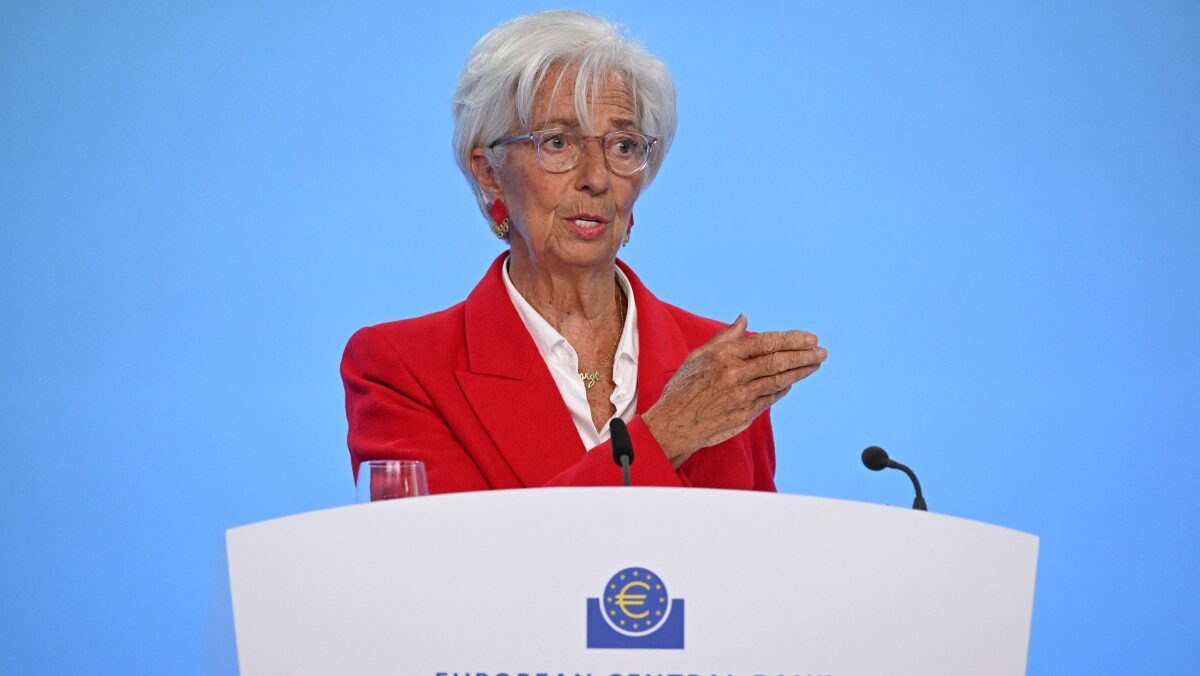The digital euro project—a virtual currency issued by the European Central Bank—is once again making headlines. Brussels and the ECB have put forward a new justification for its implementation, this time wrapped in the language of “technological sovereignty” and “euro resilience.” However, behind this rhetoric lies a very real and profound threat to civil liberties: total control over money, payments, and, consequently, the everyday lives of European citizens.
Unlike cash, the digital euro would leave a trace in every transaction, every purchase, and every economic movement. Since it would be directly linked to a digital account or wallet supervised by the ECB and, ultimately, by national governments, the possibility of operating outside the centralized financial system would disappear. Every payment would be recorded, accessible to authorities, and potentially subject to controls, restrictions, or even sanctions.
This model opens the door to scenarios that would have been unthinkable just a decade ago: restrictions on spending in certain categories, the inability to donate to specific organizations, or even “expiry date” money policies to force consumption. In an environment where regulations on disinformation, climate change, or public health can shift according to the political agenda, the digital euro could become a tool of coercion rather than a public service.
This is not a conspiracy theory, but a legitimate warning about a model already being studied and tested in other parts of the world, such as China, with its digital yuan. In this context, financial privacy would cease to be a right and become a monitored exception.
A new excuse from Brussels
Until now, the main arguments in favor of the digital euro revolved around modernizing the payment system, financial inclusion, and “complementarity” with cash. However, this Monday, the narrative shifted. European Commissioner for the Economy Valdis Dombrovskis told the European Parliament that Europe cannot “surrender the technological control of its economy” to third-country providers, citing the decline of cash and the growing reliance on foreign digital payment solutions.
Good to join @EP_Economics for an exchange on the #DigitalEuro.
Europe must lead the way in embracing the digital age.
Our proposal will modernise payments, strengthen our autonomy and guarantee privacy.
My opening statement ▶️ https://t.co/yIUIiDCfO9 pic.twitter.com/670CFI4rkM
— Valdis Dombrovskis (@VDombrovskis) July 14, 2025
According to Dombrovskis, the digital euro would ensure that financial infrastructure remains under European control in a world he described as “more conflictual.” Likewise, Piero Cipollone, a member of the ECB’s executive board and head of the project, warned that only three euro zone countries currently dominate e-commerce with local solutions, while the rest rely on foreign giants like Visa, Mastercard, or PayPal.
Both officials agreed that the digital euro would help preserve money as a “public good” while strengthening the EU’s “strategic autonomy.” But this argument overlooks the fact that private interbank alternatives already exist within the euro zone, and that the real issue is not a lack of technology, but a lack of political will to bolster European competition without eliminating individual freedoms.
A digital euro would preserve consumers’ freedom to choose how to pay.
It would safeguard monetary sovereignty, enhance resilience, and ensure we have a digital means of payment that is easily accessible and universally accepted across the euro area.
— European Central Bank (@ecb) July 14, 2025
What is being presented as a technological defense against external actors could, in fact, become a massive surveillance tool from within. In the name of “euro resilience,” the idea that Europeans must give up anonymity in their daily transactions is being normalized. And while strategic autonomy is invoked against Washington or Beijing, a far more dangerous dependency is taking shape: that of the State over the economic behavior of every individual.
With this new excuse, Brussels is not defending Europeans. It is defending its agenda—against the very Europeans it claims to protect.
